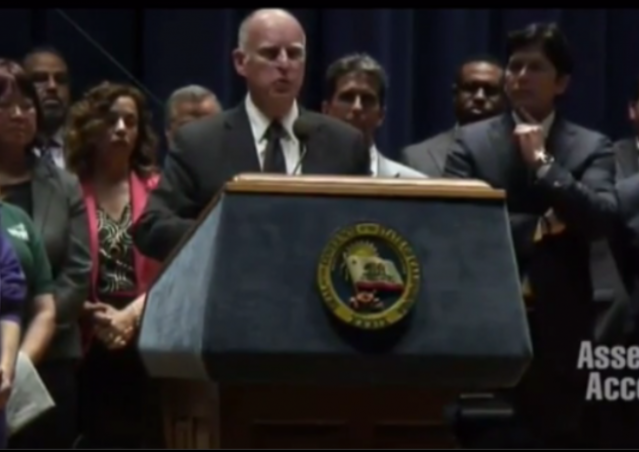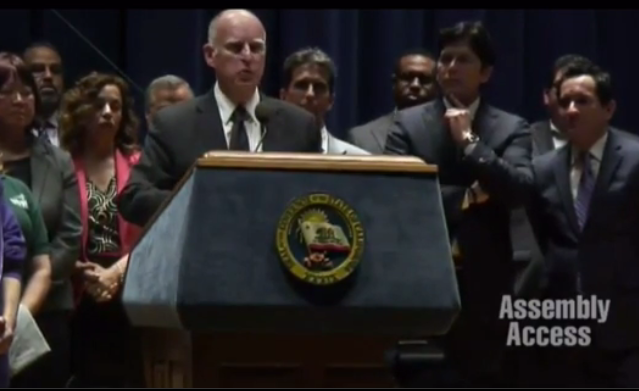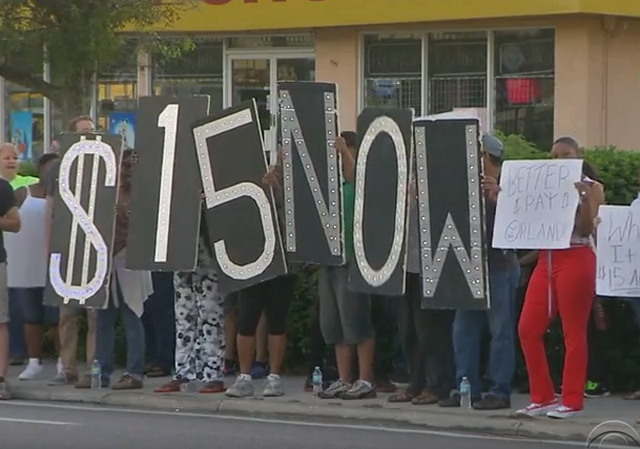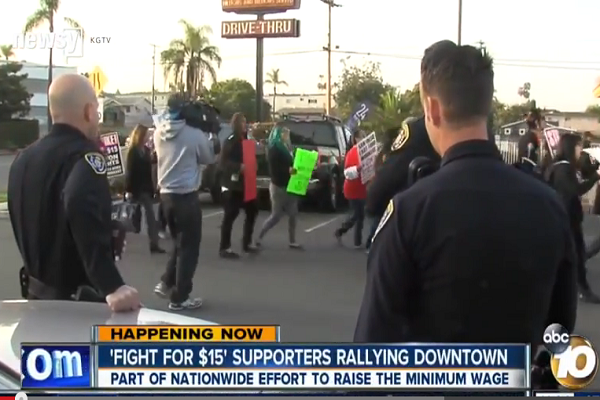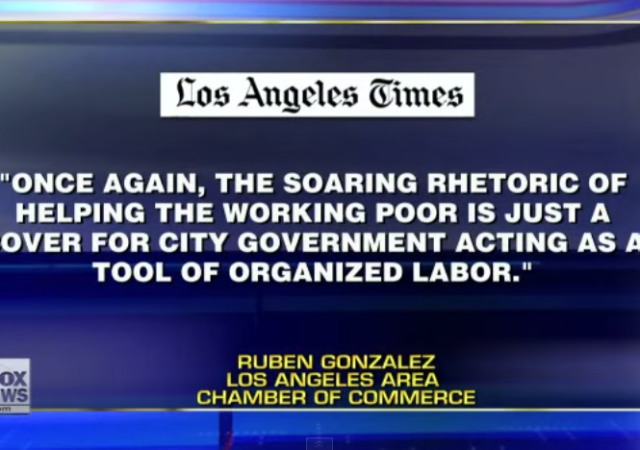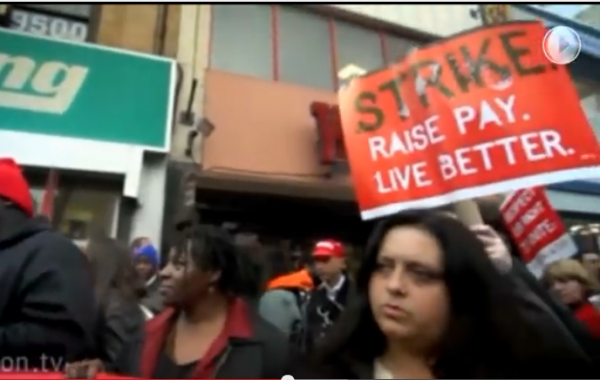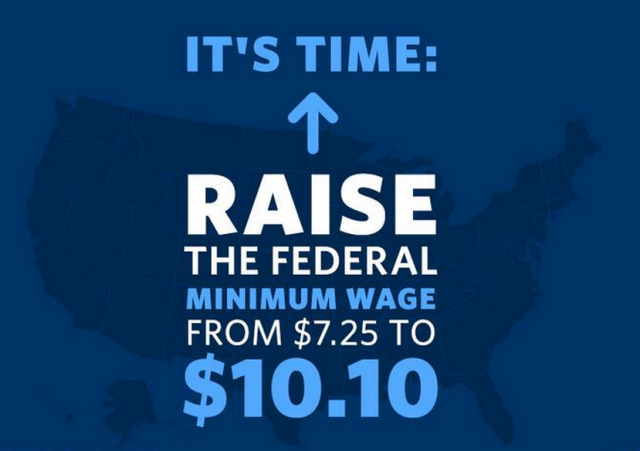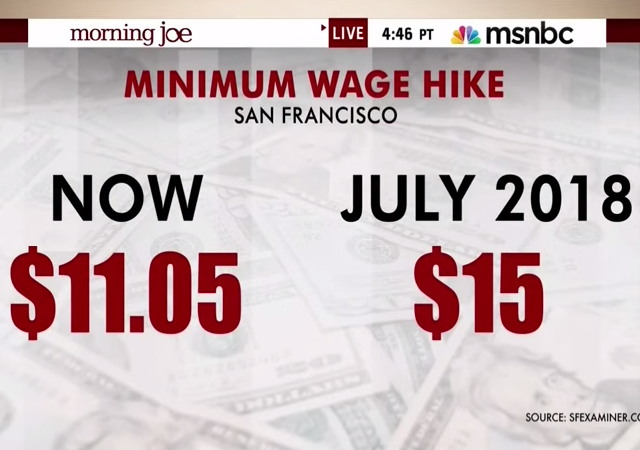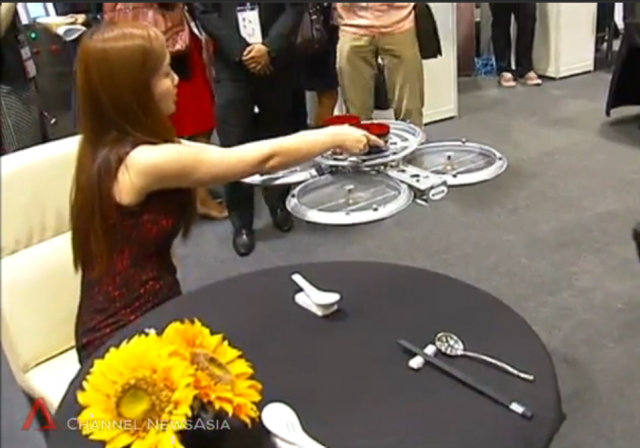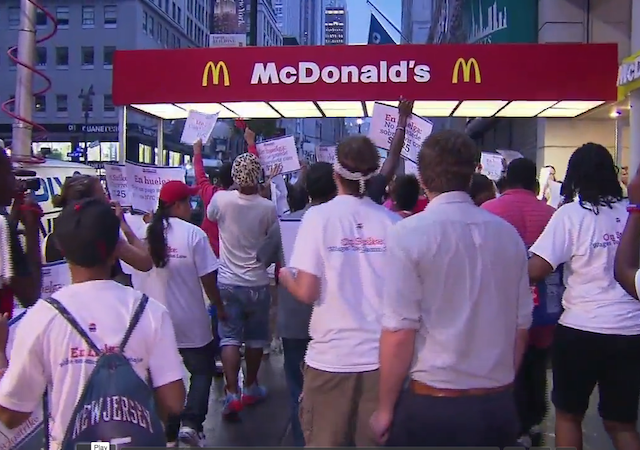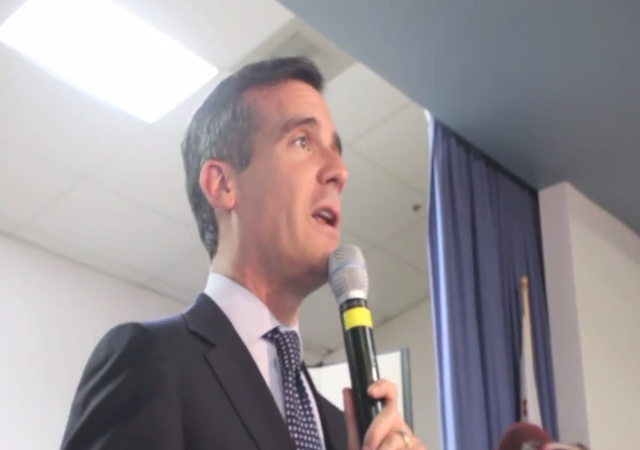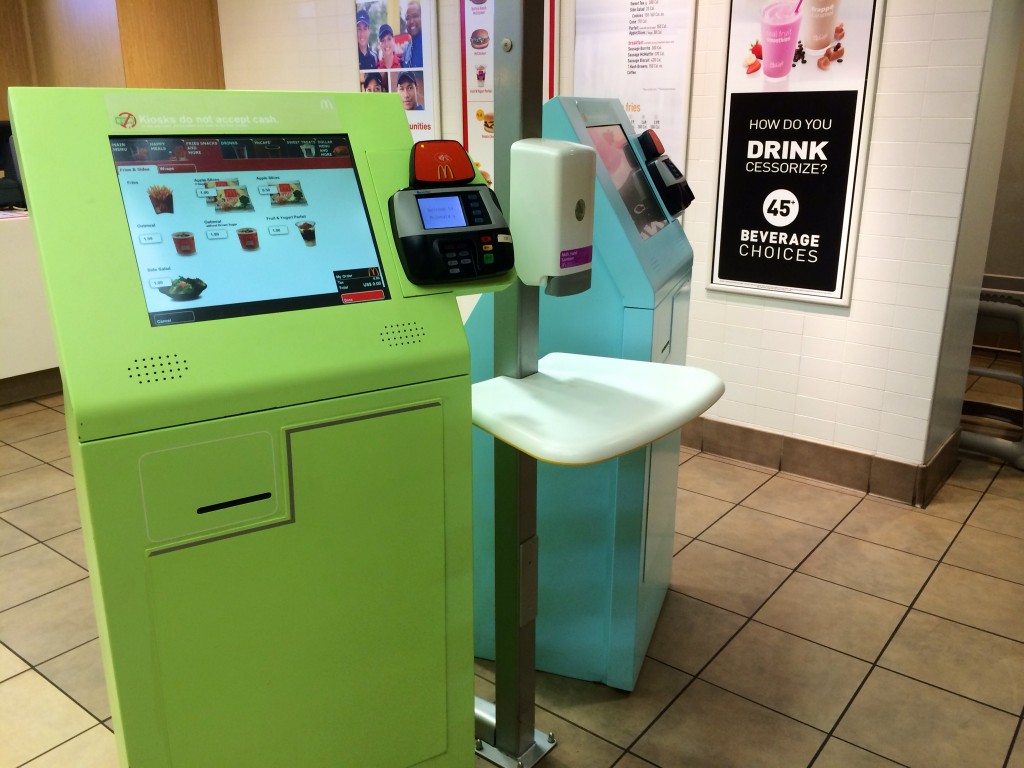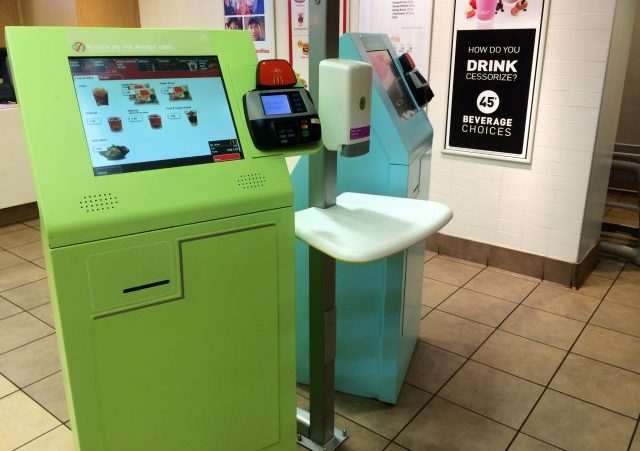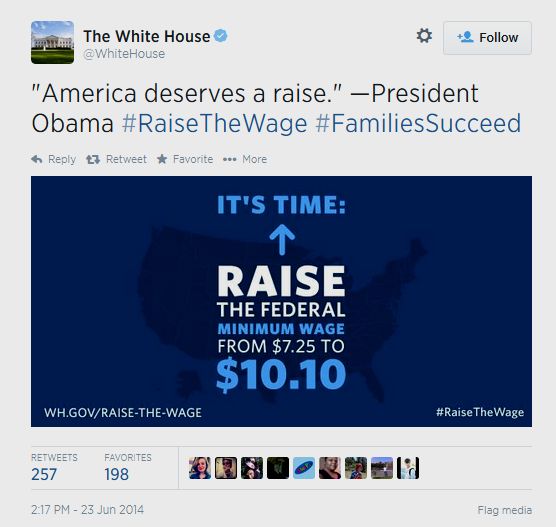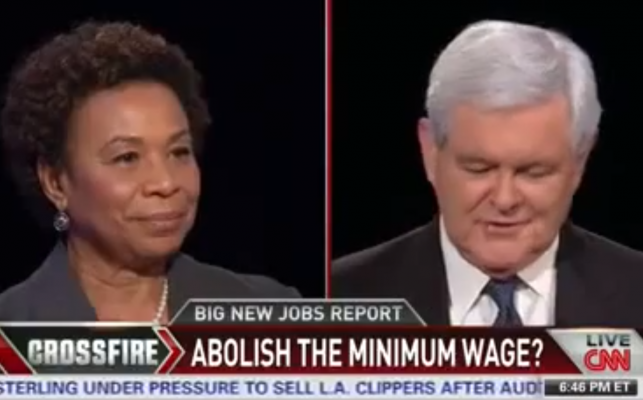Minimum Wage Hike Kills Popular Upstate NY Eatery
on April 20, 2016
38 Comments
New York's new minimum wage is being cited as the main reason that a popular Albany restaurant is closing its doors after serving the community for decades.
Mental Recession reports:
Beloved Upstate Restaurant Closes, Cites Minimum Wage Hike As Major Reason An Albany area fish fry restaurant is closing its doors after nearly 70 years in business, and the owner is pointing to New York’s $15 minimum wage as a major reason for his establishment’s downfall. Bob and Ron’s Fish Fry, described by New York Upstate as an “Albany institution” featuring “the best fish fry in the Capital Region,” announced they’d be closing their doors in less than two weeks.

